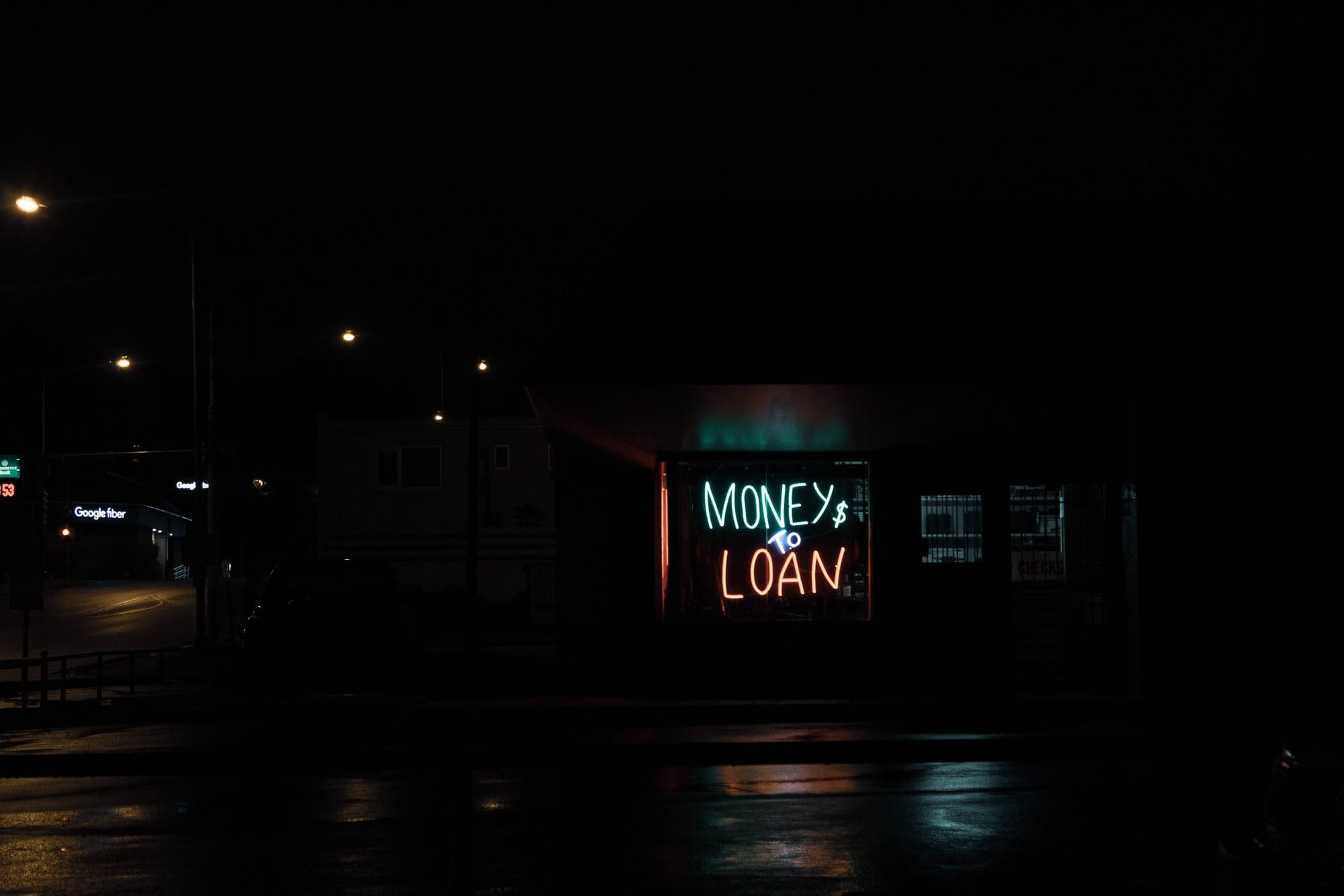Money Matters: What You Should Know Before Taking Out a Loan

A loan is a helpful thing. It allows you to gain quick access to cash to do big things you wouldn’t ordinarily have had the money to do. Buying a car, an apartment, paying for your studies… the logic couldn’t be sounder for why you would need to take out a loan for these things.
In South Africa, getting a loan is too easy. As a country with some of the highest numbers of accredited (and not so accredited) financial service providers other than a bank, getting a loan is as easy as taking your ID and applying for one at your local PEP store. Almost seems like you’re getting money for mahala (i.e. for free) right?
Wrong. Here are things you should know before taking out a loan:
1. What is the interest rate? But before we even go there… what is interest anyway?
Interest is the cost of borrowing the money in the first place. If you walk into the bank today to apply for a home loan of R 500 000 for example, and the bank grants you an interest rate of 10%, it simply means that the bank intends to charge you 10% of your pending loan every year until the loan is fully paid off.
Now I won’t go into calculation mode here, but basically what this means is that on top of your loan, you are paying about R 41k for the first year of your loan repayment plan. I mean, but what can you do about it right? You need the money.
Well, for starters, it’s always good to try and negotiate the interest rate down as low as possible before taking out the loan. Try approaching different accredited financial service providers as you can and get quotes on interest lending rates before concluding the deal.
By scouting out for better deals on interest rates, you are maximising your loan repayment and saving a lot of money!
2. What is the loan term? The loan term is the period of years you will be stuck paying this loan back to the lender! Now there’s a catch to it.
Say you want to buy a car. You walk into a car shop, sit with the agent and he does some fancy calculation on a desktop computer to see what you can afford. He asks for some info and then tells you the car will cost you R6k per month over 3 years. “R6k per month!?”, you say to him. “But I can’t afford R6k per month”. “Not to worry”, he says. “I’ll give you a better deal on the car”. He changes the loan term from 3 to 5 years and magically the monthly amount is now R4k per month. “That’s better”, you say. “I think we’ve got a deal”.
Stop. Let’s back track here and understand this. Firstly, making the loan term longer, makes the monthly payment (seem) cheaper. You might think this is more manageable for your monthly budget, but this action will cost you more money in the longer run. This is because to bring down the monthly cost (a benefit to you), the lender must increase the loan term to build up more interest over time (a benefit to the lender).
And since time is money, the longer the loan term, the bigger the borrowing cost (i.e. interest).
3. Do you pay at the beginning or at the end of the month? Finally, what time of the month do you pay? It does seem like an odd thing to ask if you’re not familiar with this one. But whether you pay at the beginning or at the end of the month does make a slight difference in your monthly payment and interest over time.
I’ll keep this one simple. If you pay at the beginning of the month, it’s a lesser amount in monthly repayment (with a slightly larger interest cost) than paying at the end of the month. Its not an astronomical difference, but depending on the size of the loan, it could be.
The crux is: like with many things, it’s always a good idea to do some homework before applying for a loan to ensure you are getting the best deal with the best financial service provider always!
Disclaimer: This is not financial advice. All views expressed are solely those of the authors and have no bearing for any entity. None of information provide constitutes financial advice of any kind.
